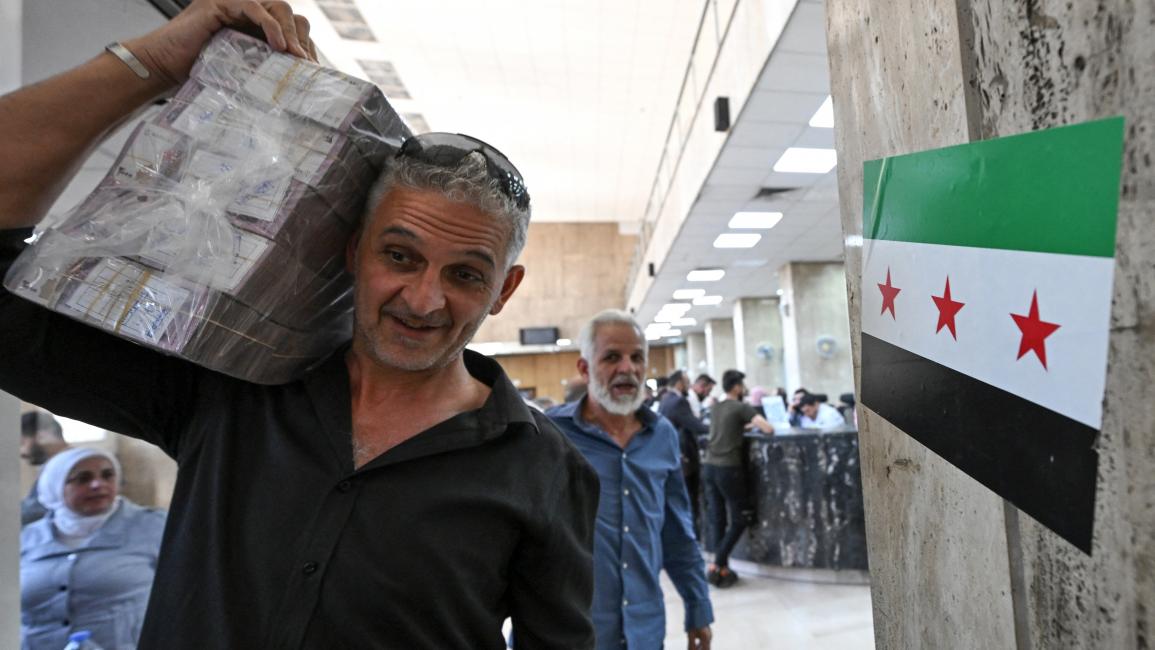There is an unmistakable overestimation of the supposed magical effect of lifting U.S. and European sanctions on Syria—just as there was once undue faith in sanctions themselves as a tool to bring down the regimes of Hafez and Bashar al-Assad. It is well understood by now that the most direct impact of these sweeping sanctions was not felt by regime elites, but rather by ordinary Syrians, who bore the brunt of economic strangulation.
This is not to dismiss the utility of sanctions altogether. Their effectiveness varies case by case. While sanctions alone may not topple regimes, they can, over time, undermine them from within. They are a slow-acting strategy—often spanning decades—that rarely accounts for the human cost. That cost, while morally troubling, does not negate the fact that sanctions are often the only viable path when military intervention is off the table. Indeed, this is something even the victims of authoritarian regimes recognize.
In Syria, for years, opposition figures and citizens alike clung to sanctions, calling not only for their continuation but for their intensification—despite knowing full well that they and their loved ones were the ones suffering most.
And yet, it must be said: sanctions played a decisive role in the collapse of the Assad regime. They hollowed it out, leaving a skeletal state and an impoverished army. When Syria’s revolutionary forces launched their military campaign on November 27, 2024, the regime barely had the capacity to respond. By then, military salaries could not cover basic needs—food, transportation, or even reaching frontlines. Senior officer ranks were being sold for laughable sums. Entire social classes once loyal to the regime quietly abandoned it, unable to weather the isolation. Sanctions, along with other factors—chief among them Russia’s eventual despair over saving Assad—denied the regime the deep-state apparatus it once relied on.
Could the regime have been weakened to this extent without international sanctions? It’s hard to say. But the historical precedent of South Africa offers a compelling parallel: international sanctions there were instrumental in forcing President F.W. de Klerk into sweeping concessions and dialogue with opposition forces in 1990—paving the way for the end of apartheid.
Today, with the U.S., Europe, Japan, and others having announced the lifting—or imminent lifting—of sanctions on Syria, only the heartless would not celebrate alongside Syrians. But it would be equally naïve to assume that this step alone will secure a prosperous future.
Sanctions relief, once fully enacted, will no doubt yield immediate benefits: reconnecting Syria to the global economy, revitalizing banking, oil, and trade sectors, and facilitating the modernization of aviation and transportation infrastructure. However, without a parallel domestic political transformation, these economic openings will remain shallow and unsustainable.
This is not to rain on the parade. Syrians understand this reality all too well. Sanctions relief is an opportunity—perhaps a historic one. But like all opportunities, it can be seized or squandered. The region knows all too well the cost of wasted chances.
For sanctions relief to mean more than headlines, Syria’s political leadership—and all major non-state actors operating in today’s fragmented landscape—must acknowledge its limitations and complement it with a national political effort. That effort must include democratic concessions, mutual openness, and a renewed social contract based on freedom, citizenship, rejection of sectarianism and extremism, and a deep commitment to reconciliation, forgiveness, and inclusive patriotism.
If these steps follow, then the joy Syrians have felt since the downfall of Assad—and now with the prospect of economic re-engagement—will not have been in vain.
This may sound preachy, perhaps even unwelcome at a moment when Syrians are desperate for good news. But it is, at its core, a recognition of the significance of sanctions relief—and an equally important reminder: this is a supplementary measure, not a foundational one. It must reinforce and enrich a national reconstruction process. It cannot substitute for one.
This article was translated and edited by The Syrian Observer. The Syrian Observer has not verified the content of this story. Responsibility for the information and views set out in this article lies entirely with the author.


